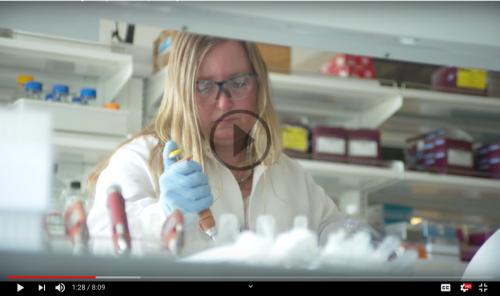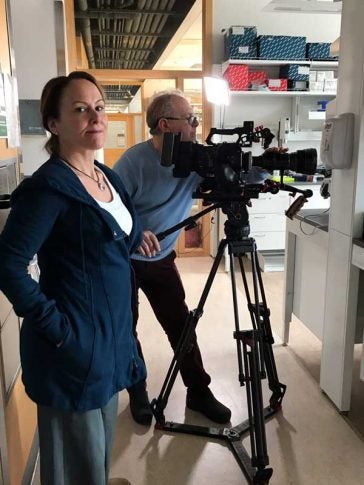
Research scientists have established that PFAS, “forever chemicals,” are a persistent threat to human health and the environment. They are pervasive and are found in everyday home and work surroundings. Public safety and military personnel are exposed to PFAS — perfluoroalkyl and polyfluoroalkyl substances — in firefighting foams, and people ingest the chemicals released from nonstick cookware, microwave popcorn bags, water repellent outerwear and camping gear, and stain-resistant carpeting and clothes. Drinking water is a concern for all; the thousands of chemicals counted as PFAS carry no taste, smell or color, but testing for their presence takes time and money, and active protocols are few. Science supports that virtually all Americans carry PFAS in their blood, with research actively underway to determine how the chemicals change our hormones, endocrine systems, and body tissues overall.
Yet there is a way forward in this “Wild West,” as one researcher describes it. Understanding PFAS and recognizing the positive and practical steps people can take now to protect themselves is at the heart of “Silent Chemicals, Loud Science,” a short video series with eight segments. Part of the STEEP — Sources, Transport, Exposure & Effects of PFAS — Superfund Research Program, the videos feature STEEP scientists whose conversations explain PFAS, explore their potential impacts on animals, people and the ecosystem, and offer first steps for homefront protection. Most importantly, the series provides a vision for hope that, with expanding research and outreach efforts, there is a real opportunity to reduce the presence of “forever chemicals” in our lives.

The development of videos is critical to the STEEP research translation core’s commitment to engaging the public via a variety of accessible pathways—visual, auditory, and layered from easily understood to more complex. A mix of approaches leads to greater “stickiness” of information, which in turn benefits the communities affected by PFAS exposure. Community members armed with knowledge are better able to influence policy.

